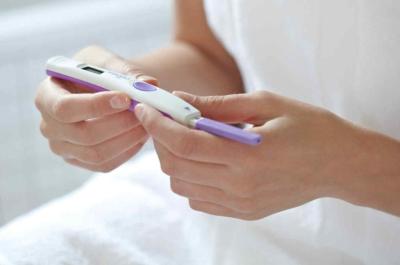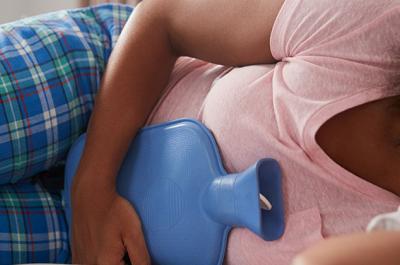There are a few days in your menstrual cycle when you are fertile and knowing when these fertile days are can help you get pregnant quicker. If you’re interested in learning how to know when this fertile window is, what lifestyle do’s and don’ts can help you get pregnant more easily, and more tips on how to get pregnant, read on.
When is the best time to get pregnant?
You can get pregnant anytime from five days before ovulation to the day of ovulation itself (6-day fertile window). An egg can survive for approximately 24 hours following its release, whereas sperm can survive for around 5 days after sex.
This period is known as your fertile window, and this is the best time to have intercourse if you want to get pregnant.
So what does this mean in terms of calendar days? It’s often believed a woman with a 28-day menstrual cycle will ovulate approximately 14 days before her next period, which would make her fertile window fall around days 9 to 14 of her cycle. However, menstrual cycles don’t only vary from woman to woman, but even the same woman may have variance between her cycles1. This variance means that marking days on a calendar can only give you an idea of your fertile window but it hasn’t been found to be that accurate2.
How to predict ovulation
Although tracking your cycle on a calendar can give you a rough idea for the days in your fertile window, tracking the signs and symptoms of ovulation can give you accurate information about when you ovulate.
- Use an ovulation test. An ovulation test is the most accurate way to determine your fertile window as it tracks the surge in luteinising hormone (LH) that takes place the day before you ovulate. Some ovulation tests also track levels of estrogen which rise before ovulation to indicate more of the fertility window.
- Basal body temperature. This is a common method used by women to track their fertility. Basal body temperature works by identifying the slight rise in body temperature which occurs after ovulation. The downside of this method is you only see this rise in basal body temperature after you’ve ovulated and when you’re no longer in your fertile window. It is, however, a method that can help you track for future cycles.
- Changes in vaginal mucus. The consistency, colour, and texture of your vaginal secretions can tell you more information about when you’re approaching your fertile days. Read about ovulation discharge to find out more about this method.
Tips to maximise fertility
- Have sex during your fertile window. If you can track your fertile window with an ovulation test or using another method, you’re more likely to have sex at the right time and conceive.
- Use a fertility friendly lubricant. Many women use a lubricant to provide comfort during sex, but may not know that ordinary lubricants can harm sperm motility. If you’re trying for a baby, it’s important to use a fertility lubricant as these are designed to create an optimal environment for sperm survival.
- Maintain a healthy weight. Women who are under- or overweight are more likely to experience ovulation disorders, such as anovulation.
- Talk to your doctor. Your doctor can assess your overall health and help identify any lifestyle changes you can make to increase your chances of getting pregnant.
- Take folic acid. Although folic acid won’t increase your chances of getting pregnant, it is recommended that you start taking it a few months before you start trying to conceive to reduce the risk of neural tube defects.
What should I avoid if I want to get pregnant?
To improve your chances of getting pregnant and to have a healthy pregnancy it’s advised3 you
- don’t smoke
- don’t drink alcohol
- reduce caffeine intake to less than 200 mg per day (6 to 8 ounces of coffee, which is the equivalent of one cup of regular filter coffee, per day)
- talk to your healthcare provider about any medications you’re taking, as some can affect your fertility.
How to get pregnant with a boy, girl, or twins
There is not much you can do to affect the baby’s sex or increase your chances of having twins. Some old wives’ tales tout certain sexual positions or a special diet for a boy or girl, but there is little to no evidence that any will affect the sex of the baby or having twins naturally.
How hard is it to get pregnant?
Most healthy couples conceive within one year of trying for a baby. If you are having regular, unprotected sex around your fertile window, this should increase your chances of getting pregnant. However, there may be fertility issues, for example having irregular menstrual cycles or your partner has a low sperm count, that could make it more difficult, or at the very least mean it will take longer to get pregnant. If you think there may be a problem or getting pregnant is taking longer than you expected, then see your healthcare provider/doctor.
How to get pregnant fast and easy
There are only a few days during each menstrual cycle when you can become pregnant – the day of ovulation and the days leading up to it. However, these days vary from woman to woman and cycle to cycle, even in regular cycles.
Accurately predicting ovulation will help you maximise your chances of getting pregnant naturally.
Ovulation tests are
- accurate, as they can detect a surge in luteinising hormone (LH) with at least 99% accuracy
- simple to use
- identify your fertile days in the cycle you are testing
- help confirm if you are ovulating.
When should I turn to a doctor
- If you are younger than 35, healthy, and you’ve been trying for more than a year.
- If you are over 35, healthy, and been trying for more than six months.
- If you are over 40.
- Either you or your partner has any suspected fertility issues.
You can also talk to your doctor when you’re trying to conceive for advice on lifestyle changes you can make to help you get pregnant.
If you’d like to know more about how to get pregnant, about fertility, or would like to read stories from real women about their experiences, you may be interested in our articles below.
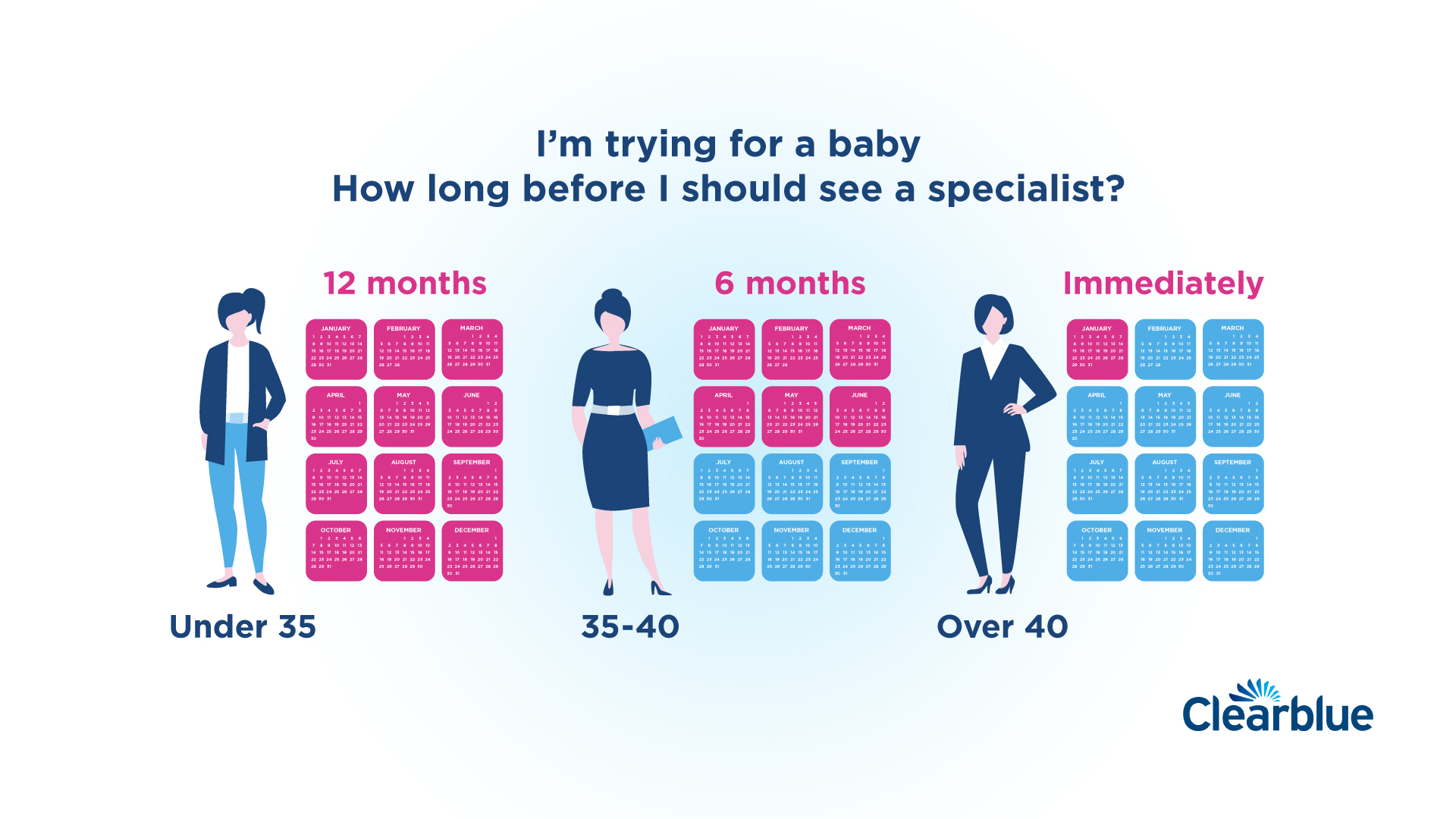
Planning for pregnancy
What you need to know about taking folic acid
Folic acid is the most important supplement you need to take if you’re looking to get pregnant. Learn more about how it can help prevent neural tube defects, when to take it and how you can get enough.
How long does it take to get pregnant?
You may need patience to conceive, but how long does it take to get pregnant after sex or in general? We’re here to answer your questions.
Best time to get pregnant
You are only fertile for a few days each cycle, so read on to find out more about when the best time to get pregnant is.
Trying to conceive
Top 10 things to help you get pregnant
Trying for a baby? See our top 10 tips to help you get pregnant.
How to get pregnant faster?
If you’re looking to get pregnant faster, we’re here with advice to help you conceive more quickly.
How to identify your most fertile days?
Knowing your most fertile days can help you get pregnant more easily, so how can you identify them?
Sperm in more detail
Did you know a man produces different types of sperm? Find out about sperm in more detail here.
Boy or girl?
What makes your baby a boy or a girl? Learn all about what defines a baby’s sex during conception.
Basal body temperature
Basal body temperature is a popular method to determine the day you ovulate, but how can you do it and how effective is it? Read on to learn more about Basal Body temperature.
Getting pregnant after 35
Can you get pregnant after 35? Find out about your chances and the challenges of getting pregnant if you are over 35.
Fertility
Fertility diet
They say you are what you eat, but can food really help your fertility? Find out more about the facts and fiction surrounding the fertility diet.
Fertility myths and facts
There’s a lot of myths floating around about fertility. We’re here to separate the myths from the facts.
Frequently asked questions about fertility
Find the answers to your most frequently asked questions about all things fertility.
How many eggs do I have?
Wondering how many eggs you have? Read our article to find out about how many eggs you have and more.
Trouble Conceiving
Fertility problems
There are many causes of infertility, from hormonal issues to low sperm count, learn more about fertility problems and causes.
Fertility test
How much do you know about fertility? Just for fun, you can go and test your knowledge and learn with our quiz that’s all about fertility and conceiving.
Polycystic OvarySyndrome (PCOS)
Polycystic ovary syndrome (PCOS) is one of the leading causes of female infertility. Find out what PCOS is and whether or not you can determine if you can ovulate with it or not.
IVF
In vitro fertilization (IVF) is an option for couples struggling with infertility, but what is it, how is it done, and how successful is IVF?
#Conceivinghood: Real stories from real women
Need more inspiration about getting pregnant? See real stories from real women at different stages of #conceivinghood.
- Johnson S (2018) Can apps and calendar methods predict ovulation with accuracy? Current Medical Research and Opinion 34(9):1587-1594
- Ellis JE., et al. Human Reproduction (2011) 26: i76 4.
- https://www.nice.org.uk/guidance/cg156/ifp/chapter/trying-for-a-baby
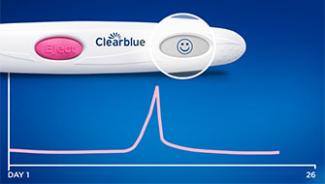
Digital Ovulation Test: pinpoints your 2 most fertile days
In every cycle there are only a few days when a woman can conceive, so having sex on these days is very important if you are trying to get pregnant.
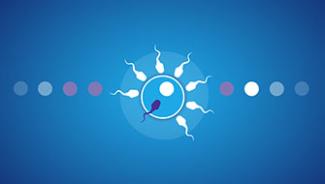
Get pregnant naturally
Ovulation tests are accurate and simple to use.

